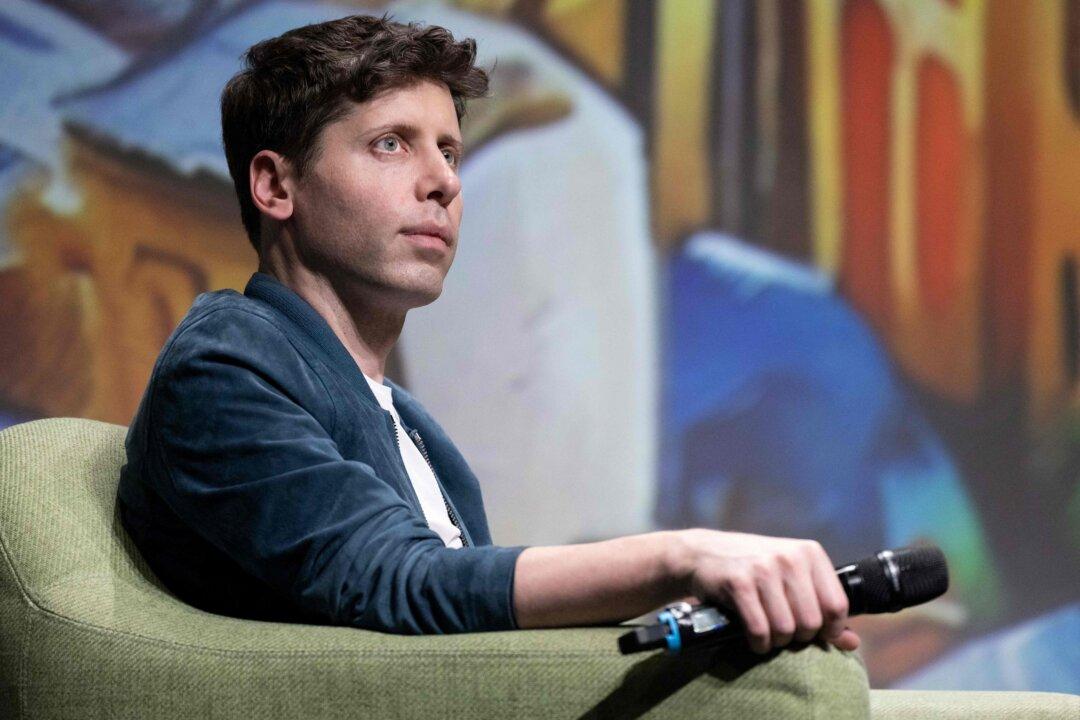Commentary
We are regularly warned about the future perils of Artificial Intelligence (AI). This is in fact the subplot to the recent drama surrounding OpenAI and its former CEO Sam Altman. It’s unclear how society plans to respond to these warnings. But one thing is for certain: we must take them seriously.





